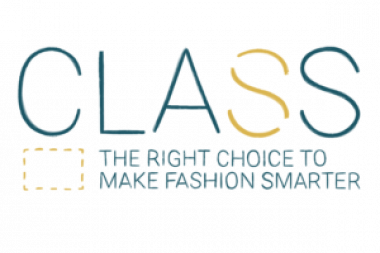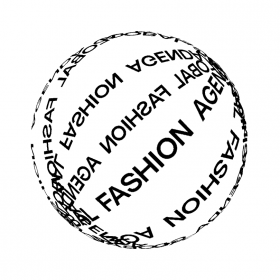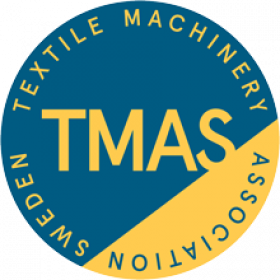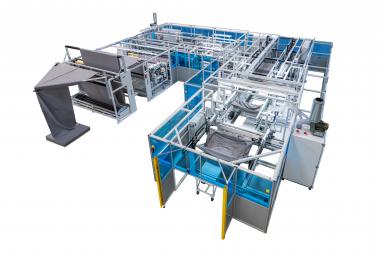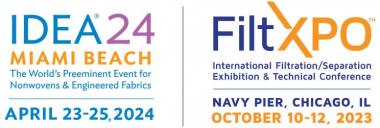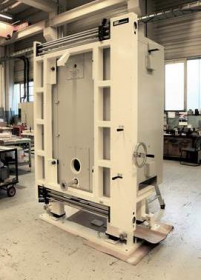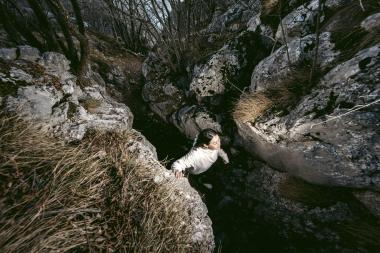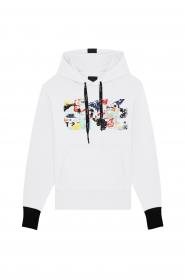EURATEX comments “Strategy for Sustainable Textile” calling for a realistic implementation
Today, March 30, the European Commission released its long-awaited Strategy for Sustainable Textile, with the ambition to move the sector towards the path of sustainability. EURATEX welcomes the EU ambitions to act on sustainable textiles and investments, in order to change how textiles are made, chosen and recovered, but calls for a smart and realistic implementation. Many European companies have already chosen this path, therefore the strategy should support them in this process, especially considering today’s energy crisis.
The strategy recognises the strategic importance of textiles, which are not only used as apparel or furniture, but applied in cars, medical equipment, agriculture, etc. It acknowledges the European Industry pro-active initiatives to tackle microplastics, to solve challenges of market surveillance and the skills needs. More cooperation is needed for re-use and recycling of textiles and to set up an EU market for secondary raw materials. On this last point, EURATEX ReHubs initiative is developing proposals to size EPR potential, to transform waste into value, and create a new capacity and jobs.
The proposed “transition pathways”, which will translate the strategy into action, will be critical in this respect: how will these sustainability targets be reached, what will the cost for SMEs be, how can companies be supported in that green transition, what about the impact on global competitiveness? These are essential questions to be addressed in the coming months.
The Textile strategy is part of much broader package, including as many as 16 new legislative actions and other policies which will directly impact on textile value chain. In particular the Sustainable Product Initiative Regulation released on March, 30 includes game-changing provisions on Digital Product Passport, Eco-Design, SMEs and Green Public Procurement. The Regulation has an overwhelming ambition and, to be realistic, it would require a new way of joint working between institutions and business, and which builds on lessons learned on data flow across value chains, interoperability, conformity assessment and effective measures to support SMEs.
If wrongly implemented, such an unprecedented wave may cause a complete collapse of the European textile value chain under the burden of restrictions, requirements, costs and unlevel playing field. On the contrary, the changes ahead can boom the entire textile ecosystem and create a model of successful green and digital transition in manufacturing, which starts in Europe and expands globally.
Already in 2019, EURATEX asked policy makers to work together and remove barriers to circular economy, solve the market surveillance paradox in which laws are made but not checked, and to help create scale economies to make sustainable textiles affordable, hence the norm.
For example, there are 28 billion products circulating per year in EU, which is an impressive task for market surveillance authorities including customs. EURATEX has been stressing non-sufficient market surveillance and it is actively working on solutions for a fair and effective market surveillance of textile products through Reach4Textiles. EURATEX very much welcomes that the European Commission recognizes our work and the need for market surveillance by establishing more harmonised efforts in the EU.
EURATEX also welcomes the establishment of the Digital Product Passport. It has a high potential to improve every step in the textile value chain, from design and manufacturing to recycling and purchasing. At the same time, EURATEX calls the co-legislators to take into account the role of SME’s in this transition and to put forward pragmatic initiatives, supporting SME’s across the EU in a systematic approach.
Alberto Paccanelli, EURATEX President, concludes: EURATEX calls for true cooperation with all policy makers and other stakeholders across the value chains to advise, pressure-test and use this opportunity for a successful transition. Our ambition must be to reconcile sustainability, resilience and competitiveness; we know it can be done”.
EURATEX
















